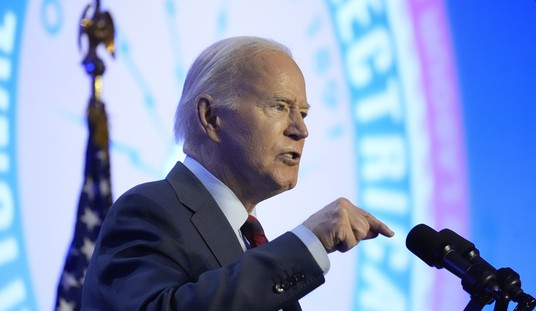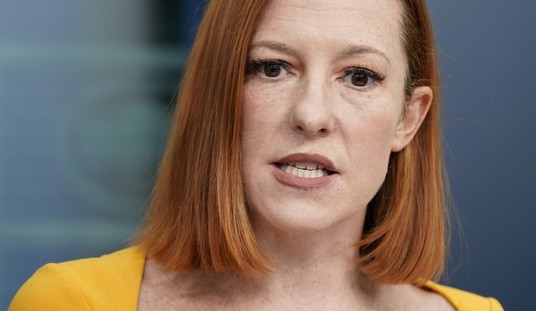Want to reduce climate change? You may want to think about having fewer children, a recent study out of Sweden finds.
That’s right—the biggest impact on reducing climate change is to limit the size of your family, according to the study. Other important ways to reduce one’s carbon footprint include ditching four wheels for two, not eating meat, and avoiding air travel.
We recommend four widely applicable high-impact (i.e. low emissions) actions with the potential to contribute to systemic change and substantially reduce annual personal emissions: having one fewer child (an average for developed countries of 58.6?tonnes CO2-equivalent (tCO2e) emission reductions per year), living car-free (2.4 tCO2e saved per year), avoiding airplane travel (1.6 tCO2e saved per roundtrip transatlantic flight) and eating a plant-based diet (0.8 tCO2e saved per year).
"I knew this was a sensitive topic to bring up," the study’s co-author Kimberly Nicholas told NPR's Morning Edition. "Certainly it's not my place as a scientist to dictate choices for other people. But I do think it is my place to do the analysis and report it fairly."
The researchers found these four lifestyle changes reduce CO2 gas emissions much more than recycling, use of energy efficient light bulbs, or hang drying clothing, for example.
Recommended
These actions have much greater potential to reduce emissions than commonly promoted strategies like comprehensive recycling (four times less effective than a plant-based diet) or changing household lightbulbs (eight times less).
Nicholas did note, however, that the study’s findings aren’t meant to tell people how to plan their family.
"I think the decision to become a parent is a really personal decision," she said. "I think the way people relate to it in terms of climate change depends on their view about climate change.”

























Join the conversation as a VIP Member